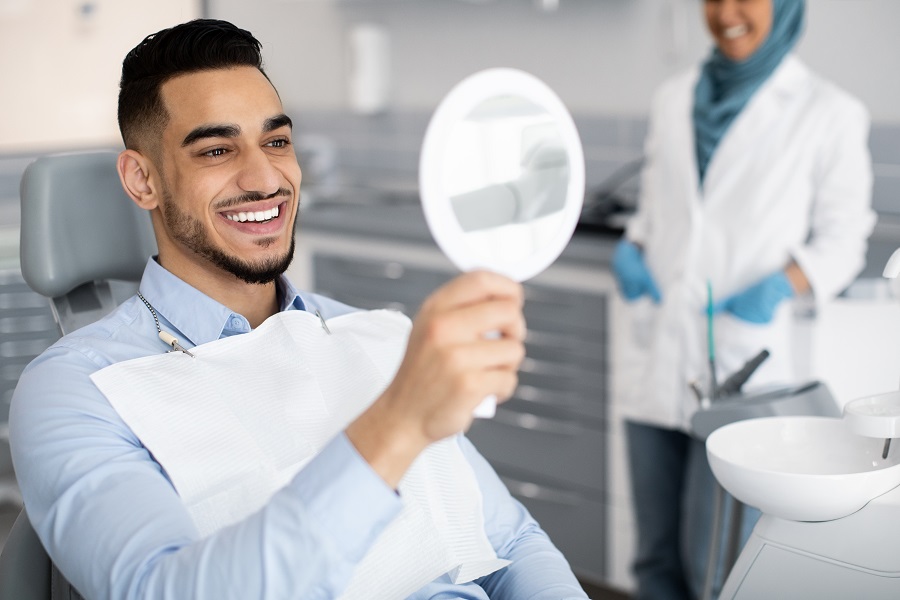When you have braces, you must be very careful about what you eat. Certain foods can damage your braces or get stuck in them. This can cause damage to your braces or your teeth. It may also cause a buildup of plaque, which can lead to cavities and gum disease. Here is some food that you need to avoid:
Sticky Foods
Hard, sticky foods can wreak havoc on braces. These foods can break brackets and wires, bend archwires, and cause gum irritation. Avoid foods like hard candy, popcorn, nuts, granola bars, licorice, caramel, ice cubes, soda, and even more. The less you mess with your braces, the better! If you do have food stuck in your braces, use floss to remove it. If it’s not removable, use floss, use an interdental brush or toothpick to try to remove the food.
Hard Foods
While there are certain foods that can damage your braces, most of your favorite foods are fine to eat with braces. However, you should minimize the amount of hard foods you eat. This includes things like crunchy vegetables like carrots or celery. You should also avoid foods like popcorn and nuts that can easily get tangled in the wires of your braces.
If you do eat hard food, be sure to brush thoroughly and floss your teeth afterward. This will help remove any bits of food or debris that could be damaging to the brackets or wires of your braces.
Crunchy Foods
Candy, popcorn, and nuts are off-limits when you have braces. The hard candies can break brackets, and the kernels in popcorn can get stuck in the wires of your braces. Nuts can bend wires and loosen your orthodontic appliances. While candy is an obvious no-no, consider avoiding spicy or crunchy foods like chips as well. These foods are full of starch and sugar, which can get trapped under your orthodontic appliances and cause cavities.
Instead, add these healthy foods to your diet plan while you have braces on.
Water-rich vegetables like celery and cucumber are low in sugar and high in fiber, which is good for your oral health. Celery sticks are also a great way to enjoy your favorite dip without the worry of breaking your appliances. Milk and cheese are great for your teeth. They help strengthen enamel and repair tooth damage. Dairy products also prevent tooth decay. Yogurt, in particular, offers additional benefits for your teeth and gums. It provides probiotics, which are good bacteria for your mouth.
Schedule a visit with our team at the office of Healing Wings Dental at 4101 West Green Oaks Blvd Suite 317, Arlington 76016, or call (972) 213-0202. We look forward to hearing from you soon!
More Blog Posts
Office Hours
MON - FRI9:00 am - 5:00 pm
SATBy appointments only
SUNClosed





